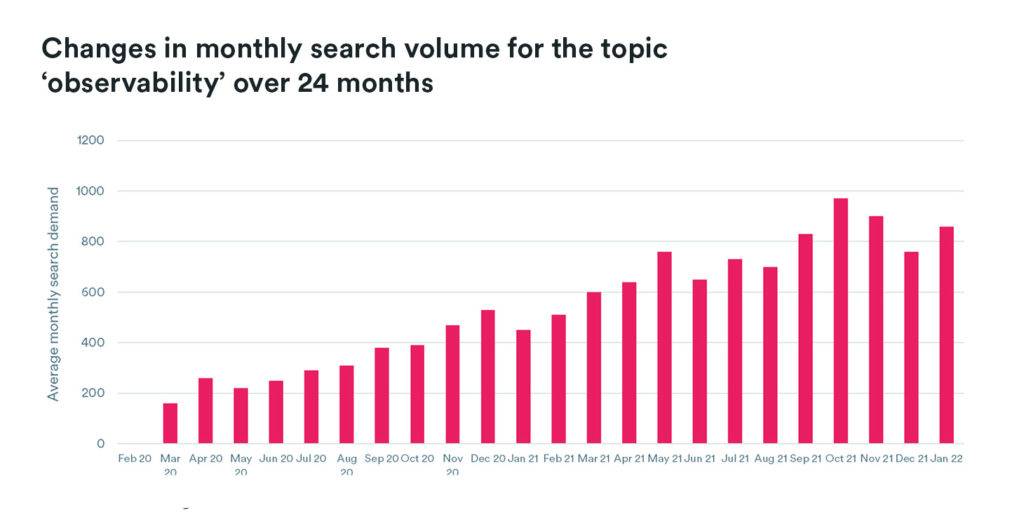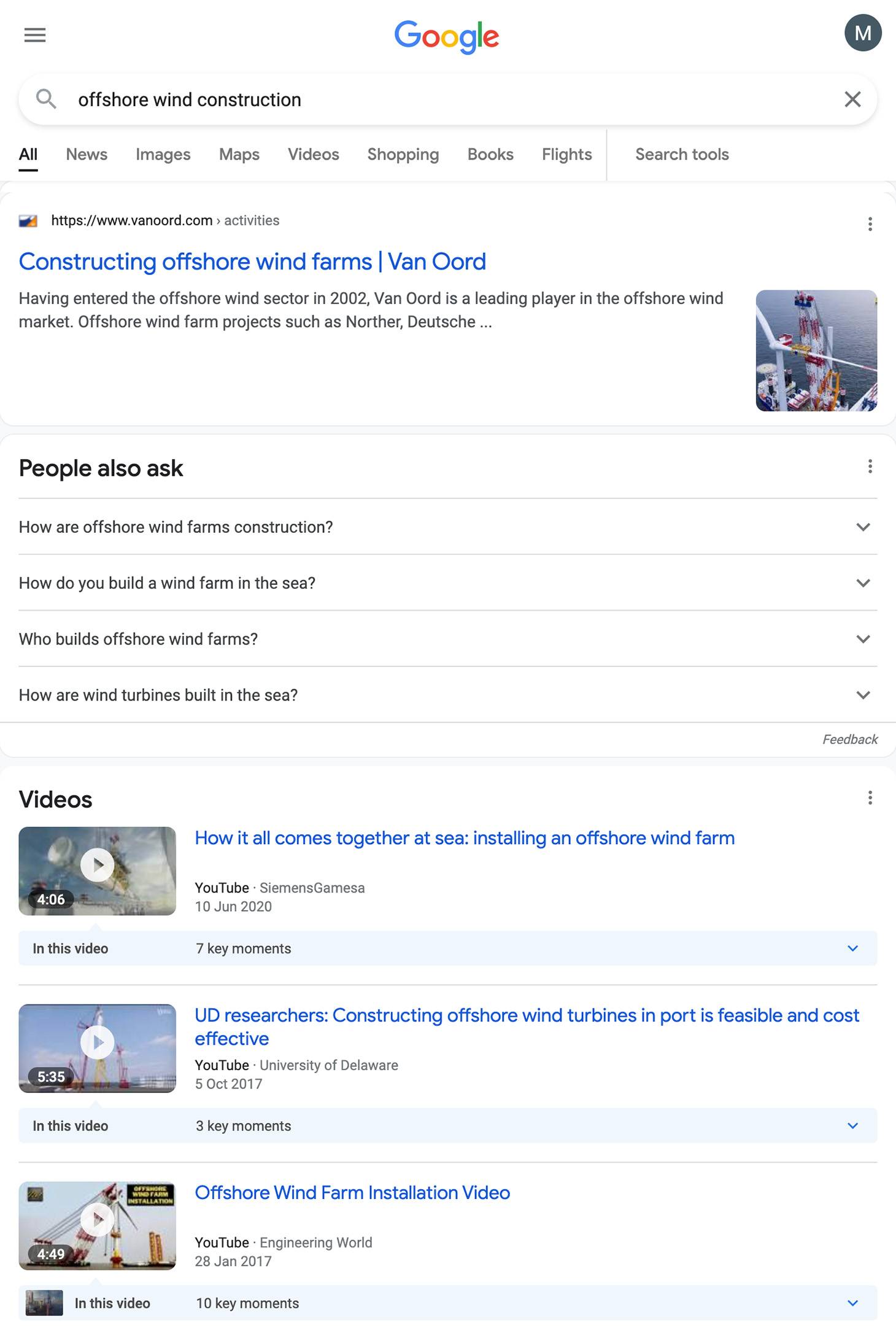Interview
In your talk, you mentioned the role of keyword research in creating niche content. Could you tell us about the importance of organic keyword research in a bit more detail?
Keyword research provides a deeper insight into your audience’s needs and can help you understand your brand’s products and services from the audience’s perspective, providing you with a sense of how you currently appear in organic search. It can also highlight any organic competition, show you who’s ranking and why, and help you pick out topics to write about which will resonate with your audience.
Essentially, keyword research shows you what people are searching for, rather than what you think they’re searching for.
When writing for B2B and niche industries, why is this sometimes not enough?
If you’re creating content for niche or fast-moving industries, traditional organic keyword research might not be suitable. Organic search-demand may appear relatively low, but if you target the right terms, the value can be high.
As an example, an energy brand came to us wanting to target the term ‘wind’. At first, this might seem like a good idea because the term ‘wind’ has over 18,000 searches per month. But, keywords with higher search volumes can often reflect a mixed intent – in the case of ‘wind’ the SERP returned a mix of weather results and informational pages, like Wikipedia, showing that it didn’t best suit what our client wanted to target.

Page one results for the term ‘wind’
In cases like this, it is always better to target terms which are highly relevant to your offering, even if they have a lower search volume. If we go back to that example of energy, more specific and long term queries, like “offshore wind farm construction” or “ wind turbine project management services” had a much lower search demand monthly, but were way more focused on the needs of this particular audience so were worth targeting above less-related terms.
What about using traditional keyword research when creating content for fast-moving industries like technology and finance?
Organic keyword research is based on historic monthly averages, so trying to use it to target new trends in fast-moving industries doesn’t really work.
When creating content for Splunk, a B2B software company that uses machine learning to improve business intelligence operations, traditional keyword research was not enough.
Our aim was to attract new customers to build brand awareness, but because the industry is so specialized, fast-paced and very, very niche, the historical search demand for relevant trends and topics is sometimes non-existent.
One topic we wanted to target was “observability”, which is essentially the way to understand the health and state of the data within a business company. We used 123 target keywords and found that they had an average of zero monthly searches just 24 months ago in February 2020. But, by January 2022, this had risen to over 840 searches per month, showing just how quickly things can change.

Changes in monthly search volume for the topic ‘observability’ over 24 months
So, if traditional organic keyword research isn’t enough on its own, what else can people do to make sure they’re creating quality content that will drive demand?
The key to a good organic strategy is a thorough understanding of the audience, product and industry – if you can cover topics that you know will resonate with your audience, the demand will follow.
When looking for relevant topics for niche and B2B industries, one thing that we do, and that can be done across many, many industries, is having immersion sessions to bridge any knowledge gaps between different teams. A lot of the time, marketing teams aren’t the experts – they’re not the people who put the product together – so it’s always a good idea to make sure you’re keeping these teams in the loop, also involving them in any kind of ideation sessions you have. This will lead to a better strategy overall as everyone is on the same page.
When I’m working on Splunk, for example, using forums and other online resources is key for immersing myself in the industry. I tend to look at cybersecurity and AI platforms, just to make sure I’m keeping up-to-date on the latest trends in the industry, staying ahead of the game, and educating myself.

An AI news and insights website for keeping up-to-date with industry trends
This research also really, really helps with content ideation sessions. I also look at the topic lineups at conferences, webinars and industry events to make sure I’m on top of industry news and emerging trends.
On the topic of upcoming trends, do you have any tips for creating content that resonates with future trends in these complex industries?
The first thing you want to do is get to know your organic competition. This will give you an idea of what people are talking about, as well as any content gaps and opportunities you can target. You can also see what formats are currently ranking for certain topics and adapt your plans accordingly. For example, creating a webpage may be your first idea, but alternative formats like videos, are beginning to take up more and more real estate in the SERPs.

Page one results for the term ‘offshore wind construction’
To make sure your content adds value to the landscape, I’d also recommend reinforcing your expertise with a dedicated hub on a niche topic. This will help you build authority over time and increase reach in high-value topic areas.
Another tip is to maximize the investment of your content through distribution by investing in things like outreach, traditional PR, digital PR, and social media.
If you could leave everyone with one final piece of advice for creating content that drives demand, what would it be?
Having an understanding of your audience and industry can really help boost your content, but if you focus on creating valuable, quality and well-informed content it guarantees you the best chance of return on investment.
For more tips and tricks about creating B2B and niche industry content, listen to Carla’s webinar in full, or get in touch with us via our contact form to find out how we can help.
